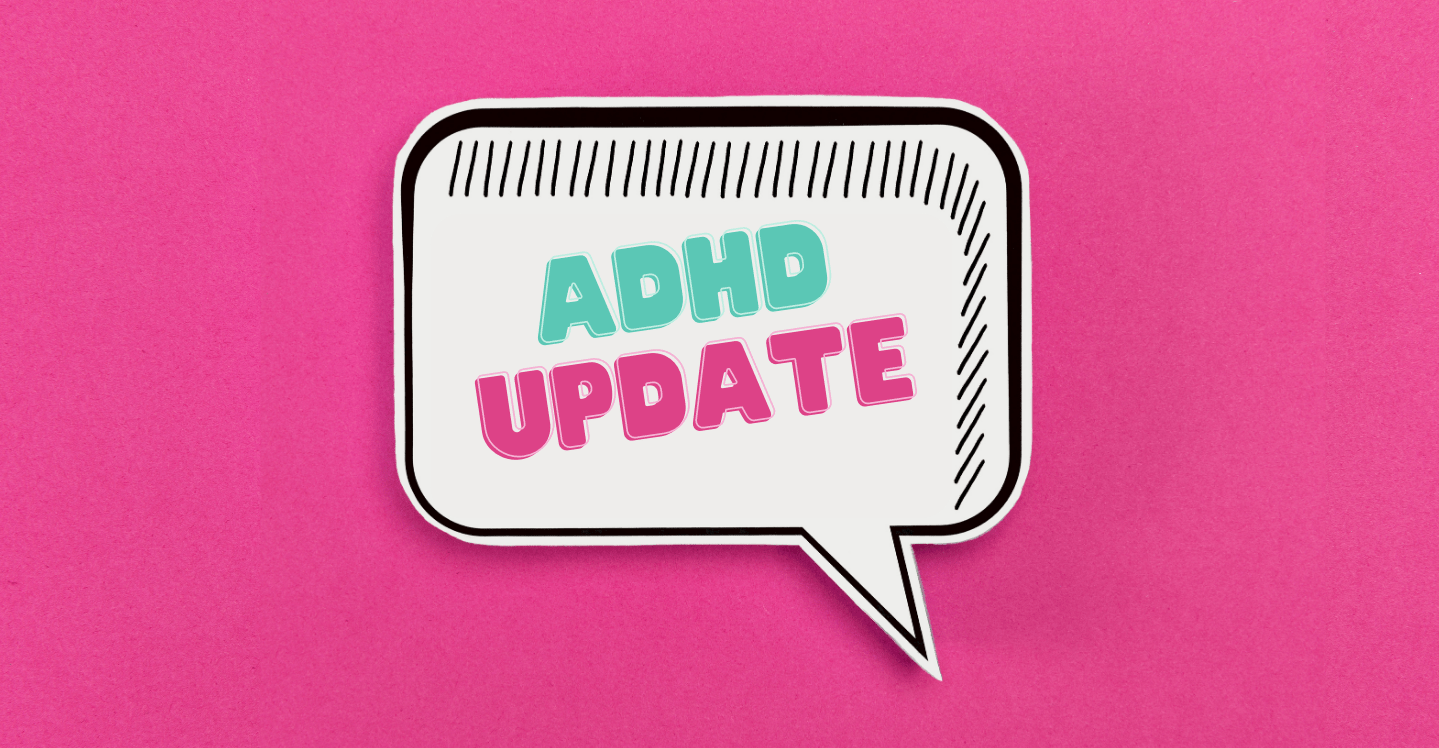
Now that I think about it, I can’t remember the conversations, decisions, or even the exact moment I decided to take the necessary steps to return to school. Oddly enough, that’s how we got here – thoughts that usually start with “I can’t remember.” Yay, adult ADHD.
However, I do recall what started me down this rabbit hole.
Isabel was almost 3 months old, and I was sat in her nursery doom-scrolling on TikTok. I couldn’t tell you what time it was, but sunrise had to be right around the corner when I came across a creator’s content that I instantly connected with. Her name was Elyse Meyers. I’m sure a few of you might know who I’m talking about.

Around the same time, I had my after-delivery check-in, and my doctor and I decided that speaking to a psychiatrist would be a good idea. A few weeks before that, it just so happens that I had a heart-to-heart teacher conference about my kiddo experiencing learning obstacles (of course, we found out later it was ADHD for both of us, and I wrote about it here -> Late Diagnosis: It was ADHD the Whole Time?!)
As I scrolled Elyse’s TikTok and heard her talk about ADHD and new mom life, a perfect storm occurred. I was hooked, and curious about how this person I could closely identify with was able to function in ways that I could only imagine. And that’s when the hyperfixation kicked in.
I enrolled back in college
…before I could talk myself out of it.
RETURNING TO SCHOOL
Somewhere within all the scrolling, I saw that Elyse talked about working from home, and that doing a certification program had set her on that path. This spoke straight to my core: my whole world felt out of control, and what I was craving was structure. Before I knew it, I was nursing an infant, changing diapers, and typing one-handed while building brand identities and web designs. Despite my traumatic academic experience had been, it was one of the only environments that had really created that structure for me. To make a long story short, I enrolled back in college within six months – before I could talk myself out of it.
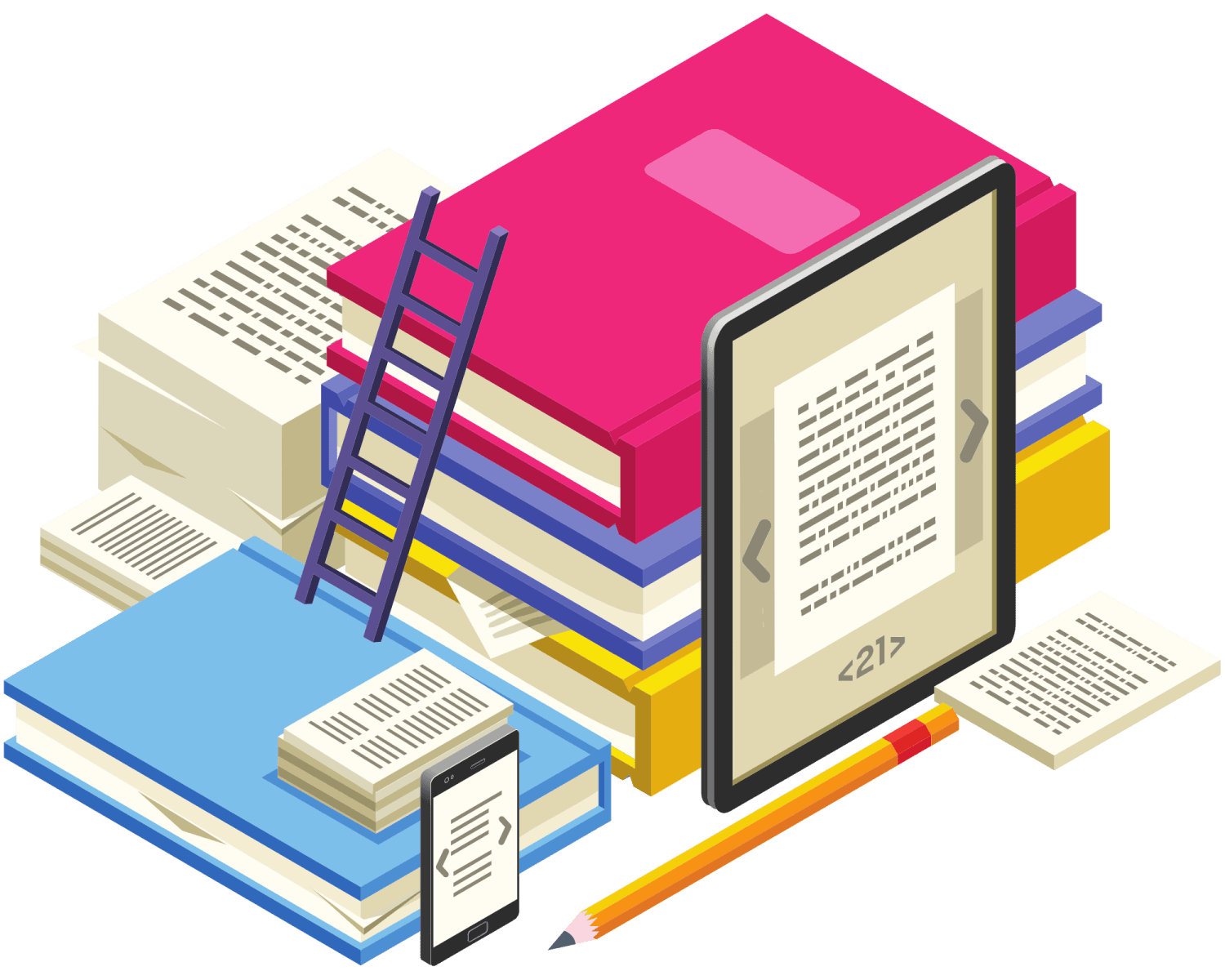
The prospect of returning to college after a decade and a half was daunting, to say the least. I had already navigated the maze of an adult ADHD diagnosis, and now I was plunging headfirst into the world of textbooks, study groups, and essays. As liberating as it was to receive my readmission letter, it was also terrifying.
My struggles faced by my younger self came rushing back as I navigated the educational systems I felt had failed to advocate for my success so long ago. The lack of mental health awareness, the conversations that seemed sympathetic on the face of it, but ultimately fell on deaf ears; and the sinking feeling of never quite measuring up sent me on a spiral of grief for all the time (and opportunity) I had lost due to misdiagnosis. This time, though, I was armed with an understanding of my ADHD and had many advocates in my corner. While the mental, emotional, and physical challenges have felt overwhelming, being able to say that I successfully overcame a place of heartbreak and defeat is more than worth it!
This brings us to today.
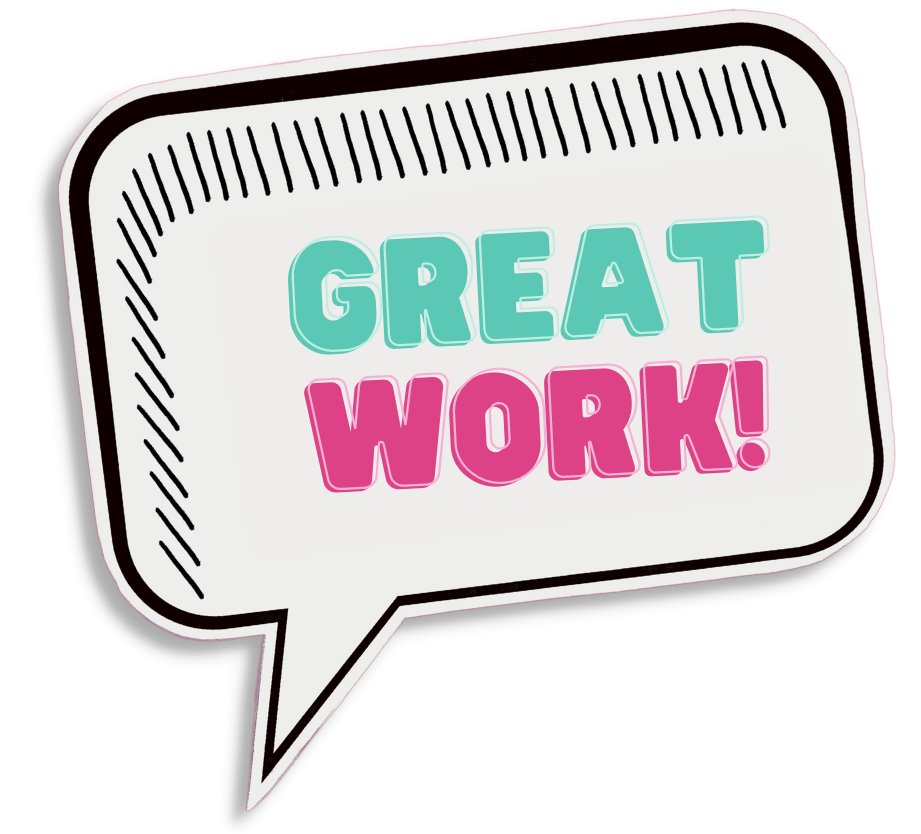
I just finished my first semester with a full course load, and while it was everything I hoped it would be, it was also incredibly challenging. Overall, I successfully completed all of my courses, and in some areas, I even exceeded my expectations.
With that said, the challenges faced by adults returning to education, especially those diagnosed late with ADHD, should not be taken lightly. If you are considering taking on this task, here are a few things I didn’t know would impact me as much as they did.
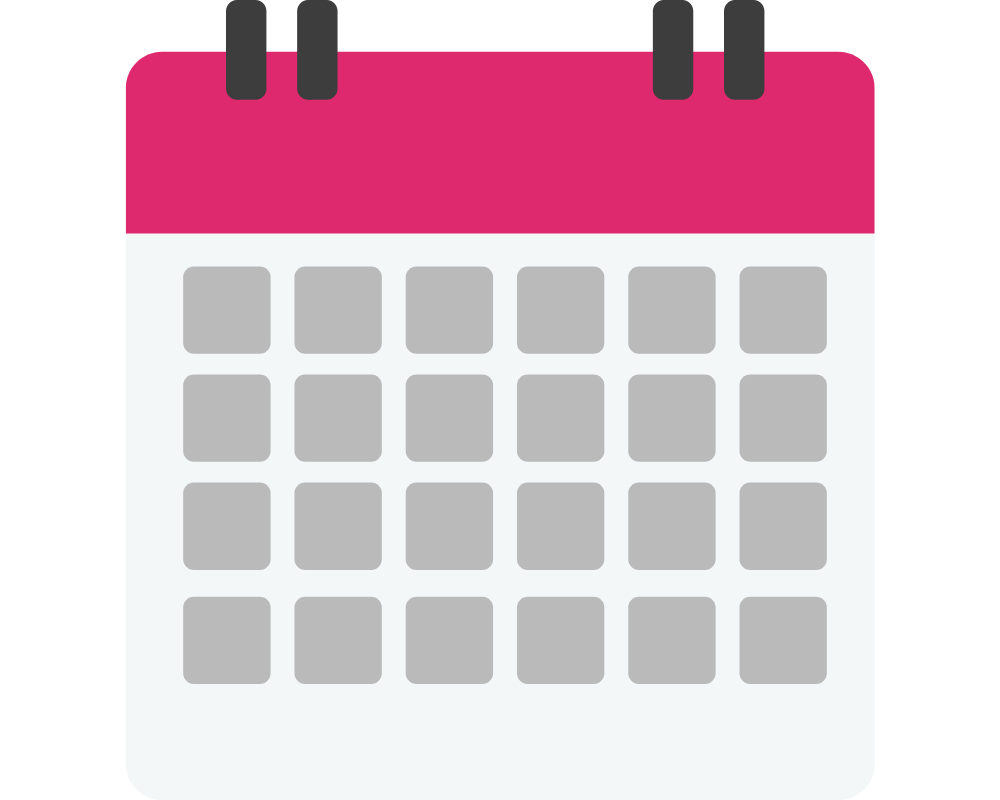 Time blindness: This one took me completely by surprise. I knew I tended to be late all the time, but this was something completely different. I would sit down to start an assignment, and regardless of how much I studied, it was as if the information flowed out from my brain to the screen as slowly as molasses. Information I knew started to look like a foreign language, and even with planning, all my assignments took twice as long to complete. I’m still working on this, but my care team advises repeatedly practicing the information so that it becomes second nature.
Time blindness: This one took me completely by surprise. I knew I tended to be late all the time, but this was something completely different. I would sit down to start an assignment, and regardless of how much I studied, it was as if the information flowed out from my brain to the screen as slowly as molasses. Information I knew started to look like a foreign language, and even with planning, all my assignments took twice as long to complete. I’m still working on this, but my care team advises repeatedly practicing the information so that it becomes second nature.
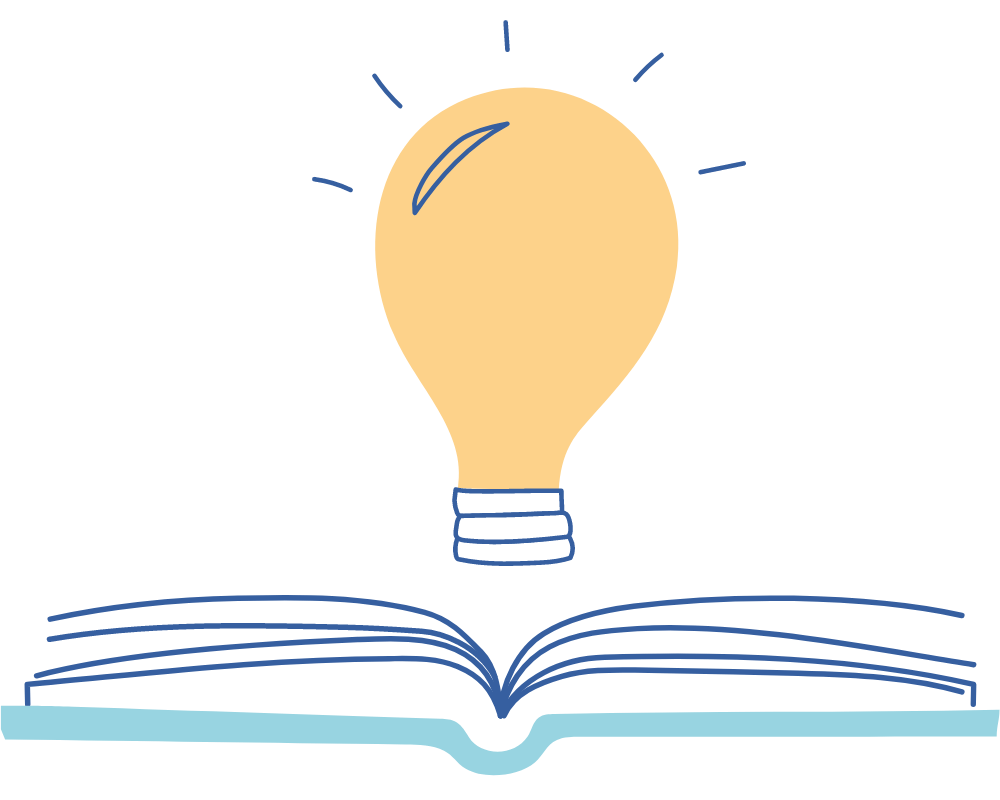 Maintaining focus: I was sure this would be fine with a solid treatment plan. WOW, was I wrong! Based on my neuropsychological test results, I’m still learning how my brain works, so overcoming this particular challenge took a lot of trial and error. However, noise-canceling headphones and classical music have helped quite a bit.
Maintaining focus: I was sure this would be fine with a solid treatment plan. WOW, was I wrong! Based on my neuropsychological test results, I’m still learning how my brain works, so overcoming this particular challenge took a lot of trial and error. However, noise-canceling headphones and classical music have helped quite a bit.
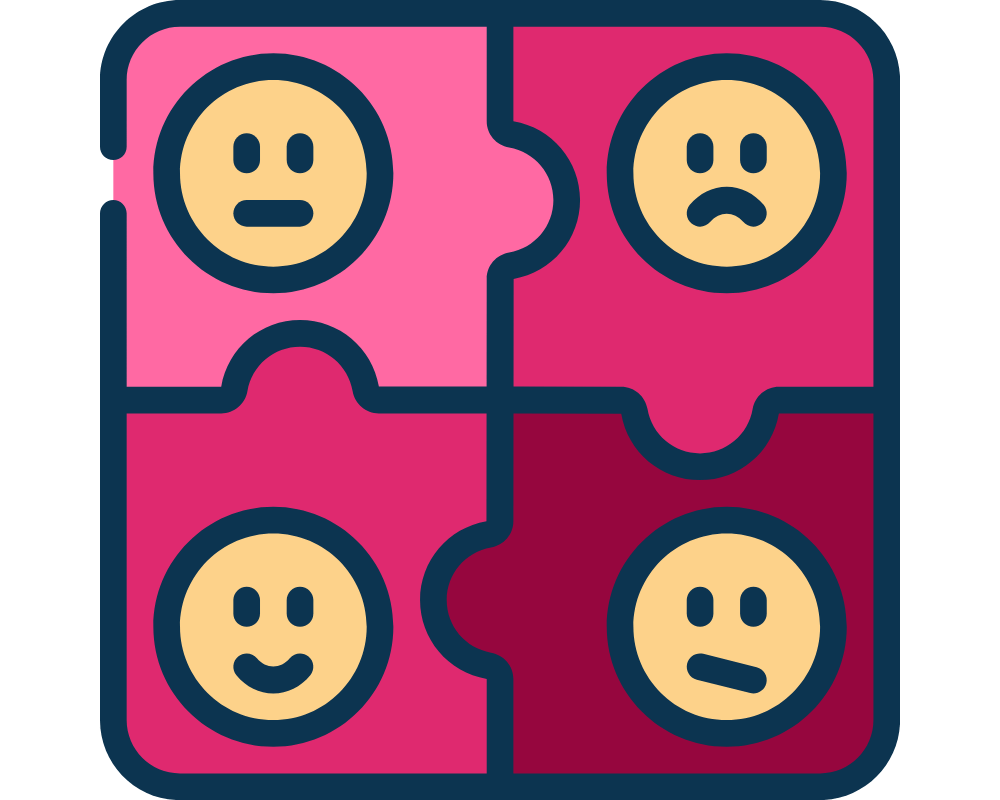
Unknown triggers: I like to think of these as land mines, and I stepped on quite a few this last semester. One of my primary triggers was continuously recounting my initial college experience when appealing for various accommodations to some of the same departments that had discounted mental health a decade ago. That deep-rooted rejection boiled over every time paperwork was denied. This one takes lots of time on the couch, and in prayer if you are the believing type.
And none of this even addresses the struggles of dealing with work and family life at the same time. But I knew there was hope! I had already experienced so much success, and having the opportunity to achieve a lifelong goal overshadowed any obstacles I’d face.
THERE IS HOPE!
My Standard CYB:
Before we venture forward, a standard CY-B (‘B’ for backside): I’m not a psychologist, a learning specialist, or an academic advisor. I’m an adult with ADHD, sharing my personal journey and some research findings. It’s absolutely essential to seek professional advice and support when considering a return to education. 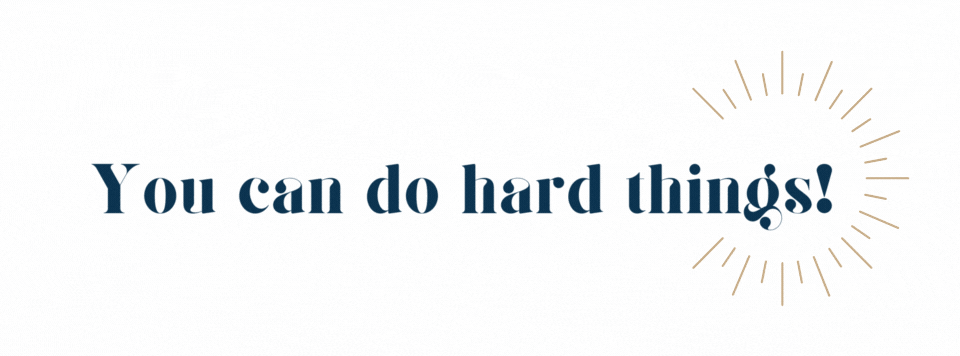
Recognizing the Hurdles:
Understanding what you’re up against will help you prepare for the obstacles you may face – and hopefully succeed. There will undoubtedly be times when you question why you are pushing forward, but there will also be times when it feels too easy to be real life! Just remember to give yourself a lot of grace.
- Distractions: The distractions I talked about aren’t going anywhere. The ADHD brain takes in so much information at once that focusing is a huge challenge.
- Time Management: Struggles with time management can lead to difficulty in meeting deadlines, so this is where you will need to narrow in on your gaps. I find that my smart watch tapping me when I am closing in on an assignment due date helps me to focus.
- Learning Styles: Traditional lecture-based education may not be a good fit for adults with ADHD, who might thrive with more interactive or hands-on learning methods. I have applied for every accommodation offered to combat this, which probably sounds excessive. I have a screen reader to follow the text while I listen, extra time to complete my work, and also signed up for all accessible materials (as well as paying for my own.)
Strategies for Success:
Here are additional techniques that could be beneficial for adults with ADHD returning to college, or even those going to college for the first time:
- Seek support: Use the resources available at your college, such as academic advisors, counseling services, and accessibility resources. If you’ve been medically diagnosed and, even better, have had extensive tests with specific results you can share, use them to apply for any relevant accommodations through your disabilities office.
- Use Technology: Apps for time management, note-taking, and organization can be a lifesaver. Again, much of this stuff is offered through your school, so be sure to ask. And, if like me you don’t even know where to start, send me a message, and I’ll help where I can.
- Incorporate Regular Breaks: Schedule short, frequent breaks during study times to help maintain focus and reduce burnout. Burnout is real, friends!
- Advocate for Yourself: Be open with your professors about your diagnosis and ask for necessary accommodations, such as extra time for tests or assignments. This kind of goes back to the first two. The first few times might be anxiety-inducing, but your continued success is worth it!
- Keep a Routine: Having daily and weekly routines can help you manage your time effectively and reduce stress. Do your best here and recognize that even small steps can make a big change. I realized that listening to my textbook when I had to run errands helped me keep up with my reading assignments, and it became a great habit.
- Join a Community: Seek out or form study groups, find online communities, or connect with local ADHD support groups. Sharing your struggles with others can make them feel more manageable, and who knows, you might be able to help someone else along the way.
Remember!
This journey is more than just a pursuit of education; it’s a quest for personal growth, understanding, and in some cases, healing. And, no matter where you are on your path, whether you are considering returning to school or are already on your way, remember: you are capable and worthy, and your journey is uniquely yours.
We’d love to hear from you! Share your experiences, tips, and ideas in the comments below, or join the ACM’s Facebook Community Group conversation or on our Instagram. Together, we can learn, grow, and navigate this journey.

References in this article may include data that requires a subscription or purchase and are listed in no particular order.
- https://bmcpsychiatry.biomedcentral.com/articles/10.1186/s12888-017-1463-3
- https://www.additudemag.com/trauma-mental-health-impact-adhd/
- https://scholarworks.waldenu.edu/cgi/viewcontent.cgi?article=9324&context=dissertations
- https://www.ncbi.nlm.nih.gov/pmc/articles/PMC7485505/
- https://www.ncbi.nlm.nih.gov/pmc/articles/PMC4455841/
- https://chadd.org/attention-article/the-myth-of-adhd-overdiagnosis/
- https://psycnet.apa.org/doiLanding?doi=10.1037%2F0096-3445.137.2.201
- https://academic.oup.com/bmb/article/65/1/49/375358
- https://www.additudemag.com/perfectionism-adhd-not-good-enough-anxiety/
- https://www.additudemag.com/adhd-in-adults/












I too got diagnosed “late” I was 22 in my final semester of my undergrad. It was like a light switched. Everything made sense. I relate to you. I don’t remember half of the reasons why I walk into a room, why I need to pick up my phone to call or text somebody, and the time blindness. I had two kids in between my undergrad and MBA but I went back when my youngest was 2. I got diagnosed right before and I remember the first time I could tell my medication was working. I was carrying one toddler and trying to get my older one out the door he had just spilled grape juice all over my carpet. I said “I’ll deal with it later, I’m LATE!” (per usual, time blindness is still hard sometimes) but I got in the car and when I got a second, I remembered to call my carpet cleaners in Helotes. Later that night I cried because I realized that I wasn’t stupid this whole time, it was just how my brain worked. Thank you so much for your post. I’m inspired.
Thank you for your comment Tammie! I think there are so many more of us out there than we could have ever imagined! When you said you cried, I felt that in my core– I know that place all too well. I appreciate you sharing and know that our stories will open doors for folk who are still on the path to finding answers. -Tiff